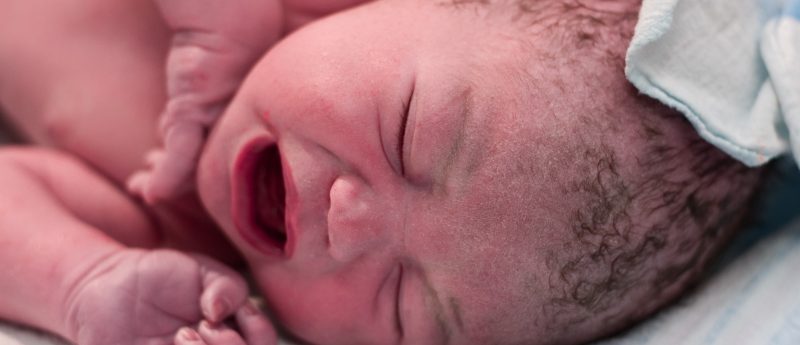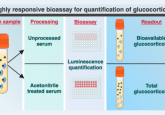PerkinElmer develops new immunoassay for Duchenne muscular dystrophy screening

A new immunoassay developed by PerkinElmer has been demonstrated to successfully screen for Duchenne muscular dystrophy (DMD) – a fatal X-chromosome recessive disorder, affecting 1 in 5000 male births world-wide. The prototype assay, can detect the concentrations of the creatine kinase (CK) isomers CK-MM, a biomarker for DMD, in neonatal dried blood spots at a range of 4-8840 ng/mL using PerkinElmer’s genetic screening processor.
This is a significant advance in DMD screening, since the previous screening method for DMD that consisted of CK enzyme assay, had several limitations. Critically, the CK assay lacked specificity to the CK-MM isomer, resulting in measurements from all three isomers of CK being reported. This is a disadvantage since the other two isoforms can be associated with other muscle trauma related injuries, which could potentially lead to false negative results.
Furthermore, unlike the CK enzyme assay, this immunoassay can be automated and it allows for an earlier diagnosis than the previous screening method, which could lead to earlier intervention for newborn infants with DMD.
The study, published in Clinical Chemistry demonstrated that individuals with and without DMD can be clearly be distinguished through CK-MM levels. It was observed that the mean CK-MM concentration from dried blood spots collected from 277 new born infants was 155 ng/mL, in comparison to the mean CK-MM concentration for patients with DMD, that was reported as 5458 ng/mL. These findings illustrates the potential the immunoassay has for detecting DMD to a high level of sensitivity and specificity.
Speaking exclusively with Bioanalysis Zone, Linh Hoang, Vice President of Neonatal Screening, PerkinElmer (MA, USA) commented: “Our newborn screening technologies have tested over 560 million babies worldwide for a wide range of life-threatening diseases, helping to improve health outcomes. Our hope is that through research collaborations like this one, we can play an integral role in helping healthcare professionals identify and treat Duchenne as early as possible.”
Sources: Moat SJ, Korpimäki T, Furu P et al. Characterization of a Blood Spot Creatine Kinase Skeletal Muscle Isoform Immunoassay for High-Throughput Newborn Screening of Duchenne Muscular Dystrophy. Clin. Chem. doi: 10.1373/clinchem.2016.268425 (2017); https://newbornscreening.perkinelmer.com/disorders/primary_newborn_screening_disorders/duchenne_muscular_dystrophy_(dmd)





